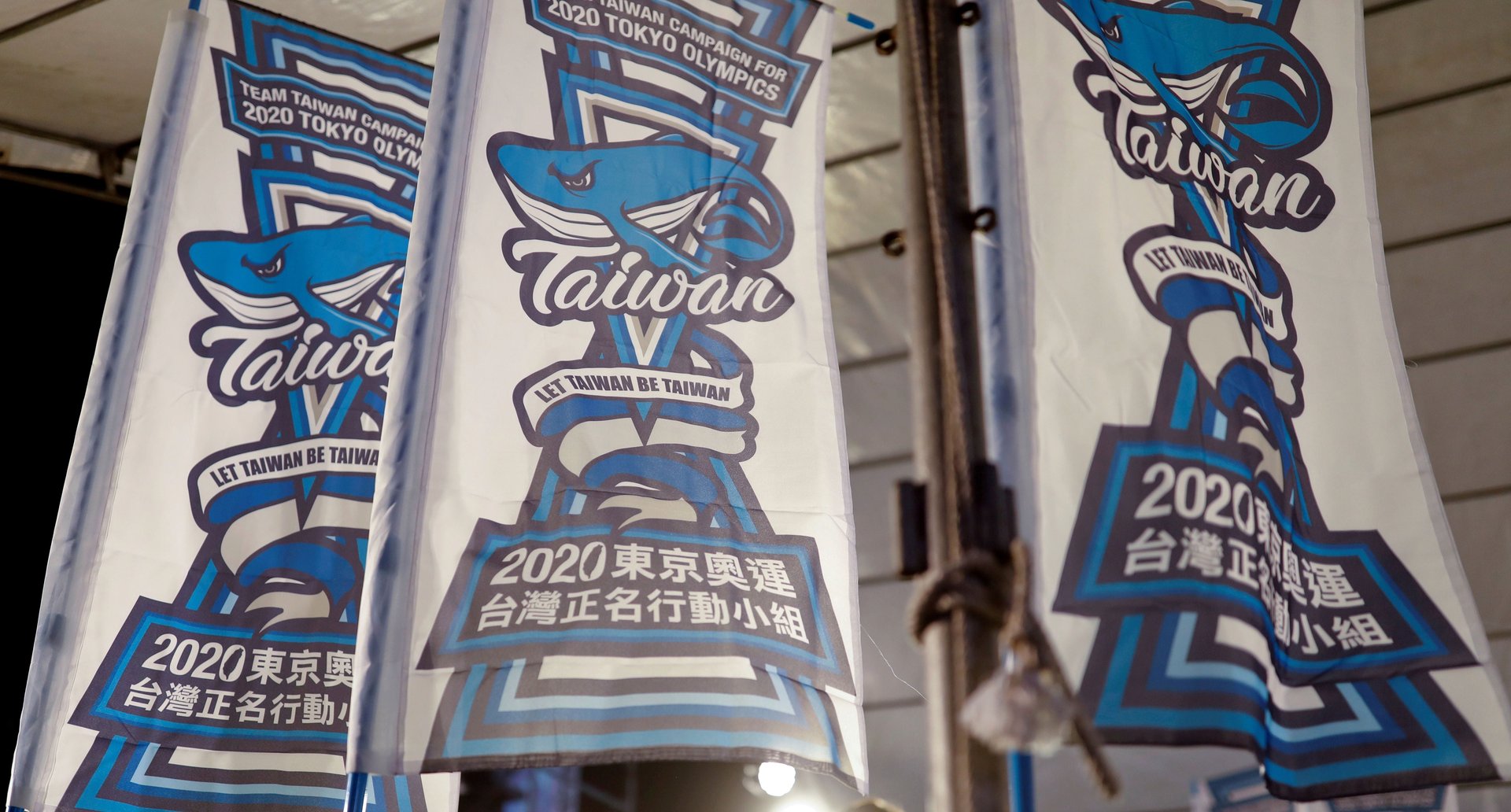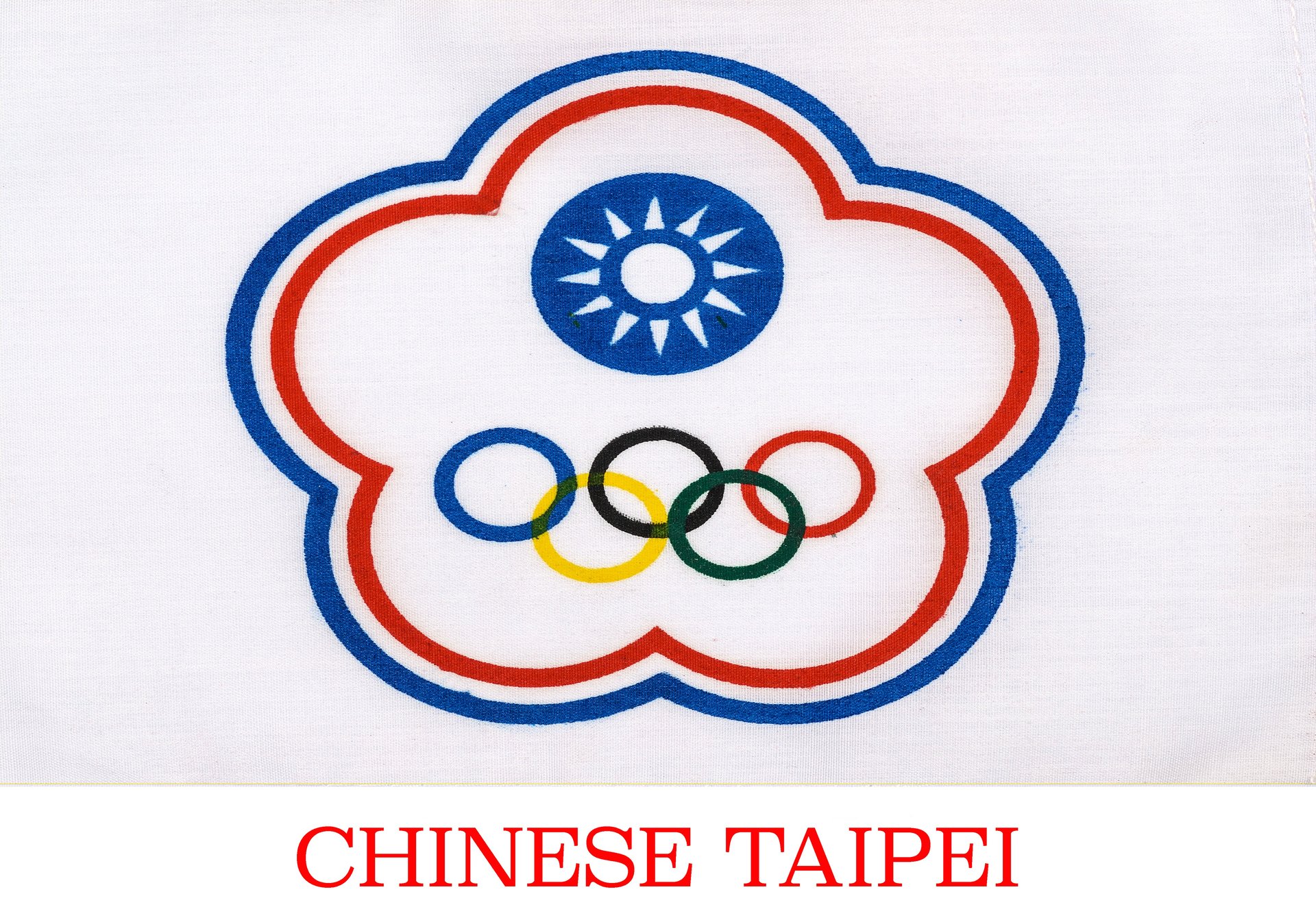The place sometimes known as “Chinese Taipei” wants to compete as Taiwan at the Olympics
Nov. 24 is a day of hyper-democracy in Taiwan. Millions of people will go to the polls to vote on 10 referendums on questions involving radioactive seafood, nuclear power, same-sex marriage—and the vanquishment of the moniker “Chinese Taipei.”


Nov. 24 is a day of hyper-democracy in Taiwan. Millions of people will go to the polls to vote on 10 referendums on questions involving radioactive seafood, nuclear power, same-sex marriage—and the vanquishment of the moniker “Chinese Taipei.”
For decades, Taiwanese athletes haven’t been able to compete under “Taiwan” in international sporting events due to pressure from China, which claims the island as its own territory and endeavors to forbid it from using the nomenclature Taiwan, or its official name, the Republic of China, in any international setting.
But some voters are hoping a referendum could change that for the 2020 Tokyo Olympics. In addition to voting on the Chinese Taipei name change this weekend, they’ll decide on a number of crucial local elections that are seen as a test of support for the ruling party.
The International Olympic Committee (IOC) recently reiterated its opposition to any move by Taiwan to change its name, and even warned it could be expelled from the IOC if it pressed ahead with it. The head of Taiwan’s Olympic committee has also expressed opposition to the referendum, arguing that any move to change Taiwan’s name could jeopardize its ability to participate in the games.

In the 1970s, as a wave of countries switched their recognition of China from the government in Taipei to Beijing, Taiwan became increasingly isolated in the political arena, and sports was no exception.
At the Montreal Olympics in 1976—six years after Ottawa recognized Beijing as the rightful Chinese government—Taiwan, which until then competed as the Republic of China, pulled out of the games because then prime minister Pierre Trudeau wouldn’t let it participate with the word “China” in its name. (The People’s Republic of China boycotted previous Olympic Games.) Taiwan returned to the Olympics (paywall) in 1984 after it struck an agreement with the IOC to participate as Chinese Taipei. The People’s Republic was admitted to the IOC in 1979.
For supporters ready to ditch the Chinese Taipei name, 2018 has been a particularly humiliating year. Despite hosting the Universiade games this summer—the biggest sporting event by size after the Olympics—Taiwan had to refer to itself as Chinese Taipei.
In July, the city of Taichung was stripped of the right to host the first East Asian Youth Games in 2019 following objections from China. And at the Gay Games held in Paris in August, Taiwan—arguably Asia’s most LGBT-friendly place—was designated as “Taipei” by the games’ authorities, who had also reportedly expressed hesitations over allowing Taiwanese athletes fly the national flag at the games (the flag isn’t flown at the Olympics). Taiwanese officials attributed the events to Chinese interference.
The Olympic referendum comes just after controversy erupted last weekend in Taipei during the prestigious Golden Horse film awards, where a winner from China said that he was honored to collect a prize in “China, Taiwan.” Taiwan president Tsai Ing-wen took to Facebook afterward and said that Taiwan has never accepted being called by that name. “Taiwan is Taiwan,” she wrote.
To hold a referendum in Taiwan, organizers must collect over 280,000 signatures, equivalent to about 1.5% of the electorate, and 25% of voters must vote in favor for it to pass. Organizers (link in Chinese) of the Olympic referendum said they had received (link in Chinese) more than 520,000 signatures, far exceeding expectations. Referendums are legally binding in Taiwan, but the government has been ambiguous about how it will respond should the measure pass.
What’s not ambiguous is China’s response. Beijing has, predictably, issued stern warnings against the vote, calling it another attempt by pro-independence Taiwanese to split the island from China.